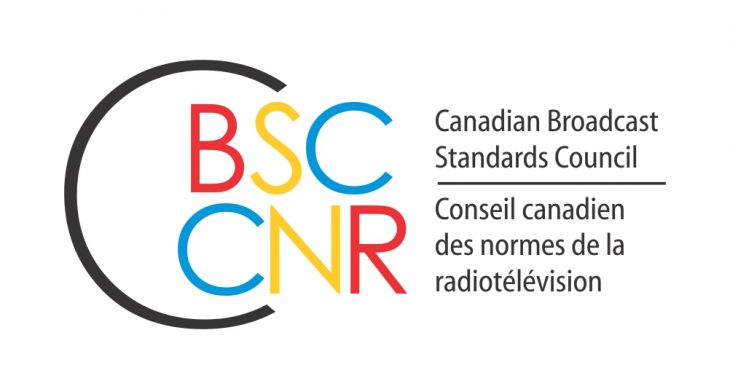
OTTAWA — A news report on CTV Kitchener’s CTV News at Five on Aug. 16, 2021, in which residential schools were called “residential camps”, breached the Canadian Association of Broadcasters’ (CAB) Code of Ethics and the Radio Television Digital News Association of Canada’s (RTDNA) Code of Journalistic Ethics, according to decision released today by the Canadian Broadcast Standards Council (CBSC).
CTV Kitchener’s news report was about red paint being splashed on a statue of Queen Victoria in a local park. One of the news anchors said vandalism to the statue had also happened previously on Canada Day, “when many Canadians were reckoning with the country’s colonial past following the discovery of hundreds of unmarked graves at former residential camps. The words ‘All Children’s Lives Matter’ were also written on the side of the vandalized statue,” reads a press release announcing CBSC’s decision.
A viewer complained the inaccurate use of the term “camps” disseminated the falsehood that residential schools were comparable to summer camps “and that it was harmful and disingenuous to make that suggestion,” according to the press release.
“She wrote that during a time of reconciliation, she expected better of a Canadian broadcaster and sought an on-air apology,” the release says.
In its response to the complaint, CTV Kitchener acknowledged the error but said it was not the result of any ill intent. CTV noted it had extensively covered local Indigenous issues in other broadcasts.
“The CBSC’s English-Language Panel examined the complaint under the clauses of the CAB Code of Ethics and RTDNA Code of Journalistic Ethics relating to accuracy, correction of errors, bias, fairness and respect. The Panel concluded that, given the long-standing use of the term ‘residential schools’, CTV was clearly inaccurate in referring to those institutions as ‘camps’. The Panel also concluded that CTV should have promptly corrected the error,” reads CBSC’s press release.
“With respect to fairness and bias, the Panel found that the connotation of the word ‘camp’ was ambiguous; the complainant interpreted it to mean ‘summer camps’ while other viewers might have interpreted it to mean ‘concentration camps’. Given the Panel’s inability to ascertain the writer’s intent, it did not find a breach for bias or unfairness.
“It did, however, conclude that the erroneous term demonstrated disrespect towards a vulnerable group, contrary to a provision in the RTDNA Code,” the release says.
CTV Kitchener is now required to announce the CBSC’s decision regarding the newscast’s breach of the CAB and RTDNA code clauses regarding accuracy and respect in the following terms: once during prime time within three days following the release of the CBSC’s decision and once more within seven days following the decision’s release during the time period in which CTV News at Five was broadcast.
In addition, within 14 days following the broadcasts of the announcements, CTV Kitchener is required to provide written confirmation of the airing of the statement to the complainant who filed the ruling request. At that time, the station must also provide the CBSC with a copy of that written confirmation and with air check copies of the broadcasts of the two announcements.


